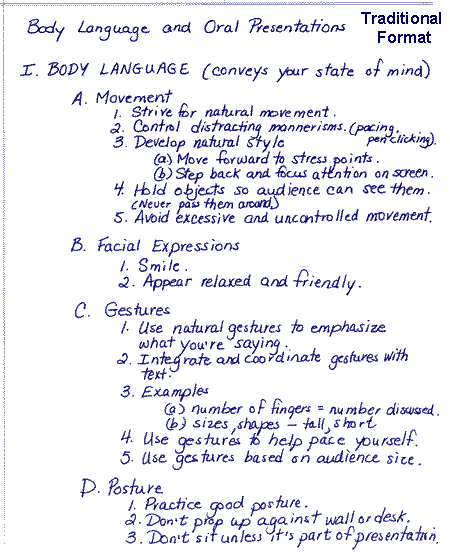The Best Note Taking Strategies
- Lisa Davidoff
- Jan 23, 2023
- 3 min read
Effective note-taking is an essential skill for students of all ages and levels. Not only does it help with studying and reviewing material, but it also aids in the retention and understanding of information. Check out a list of reasons on why effective note taking is important on Intelligent.
Developing note taking strategies from a young age will benefit you throughout your academic and professional career. We've created a detailed guide explaining strategies you can use today to improve your note taking capabilities.
Strategies for taking effective notes in class:
1. Use a system: Whether it's the Cornell method, the outline method, or a system of your own, having a consistent way of organizing your notes will make studying and reviewing them much easier. Check out a list of note taking systems here.
2. Write by hand: Research has shown that writing by hand is more effective than typing for retention and understanding. Writing by hand is believed to engage more areas of the brain than typing. When you write by hand, your brain has to process the movement of your hand, the formation of the letters, and the meaning of the words all at once. This multi-sensory engagement leads to better memory encoding, which makes it easier to recall the information later.
Additionally, it has been found that when you write by hand, you are more likely to focus on the task at hand, and less likely to be distracted by other things. For example, when you type, you may be tempted to check your phone, email, or social media, which can be a distraction. So grab a notebook and pen and get to writing!
3. Be selective: Don't try to write down everything the teacher says. Instead, focus on key concepts, definitions, and important information. Being selective allows you to focus on the most important information and avoid getting bogged down in unnecessary details.
When you try to write down everything the teacher says, you are more likely to miss important information, get overwhelmed, and have difficulty reviewing and studying your notes later. By being selective and focusing on key concepts, definitions, and important information, you will be able to take more efficient and effective notes.
4. Use abbreviations and symbols: To save time, use abbreviations and symbols to represent common words and phrases. Just make sure to create a key so you can understand your notes later.
Try using various abbreviations and symbols at first, then you identify which ones work the best for you! Below are a few examples of symbols you can try out.
Source: 7esl.com
5. Draw diagrams, charts, and other visual aids to supplement your notes. They can help you better understand and remember information.
Just like abbreviations and symbols, there are plenty of diagrams out there that you can use. Start by trying a few out and you'll begin to identify the ones that work best for you!
6. Review your notes: Review your notes soon after class, while the information is still fresh in your mind. This will help you retain the information and identify any areas where you need to study more.
Its also important to review your notes consistently in the time leading up to an exam. Reviewing your notes helps to reinforce the information in your mind and solidify it in your long-term memory. The more you review the material, the more likely you are to remember it on the exam. Check out Intelligent.com for a complete guide on the best study methods.
7. Use technology: Take advantage of technology to supplement your note-taking. Record lectures and use note-taking apps that allow you to organize and search your notes.
Apps like Evernote allow you to compile all your notes in one place and save them automatically. If you like taking notes in a more creative way that allows you to use charts and diagrams, check out Miro.
By implementing these strategies, you will be able to take effective and efficient notes in class, which will ultimately lead to better performance and understanding of the material. Remember to keep your notes organized, and review them regularly to ensure that the information is retained in your long-term memory.
If you'd like more personalized strategies on note taking, contact us here are LisaTutoring.com. We're happy to help!





Commenti